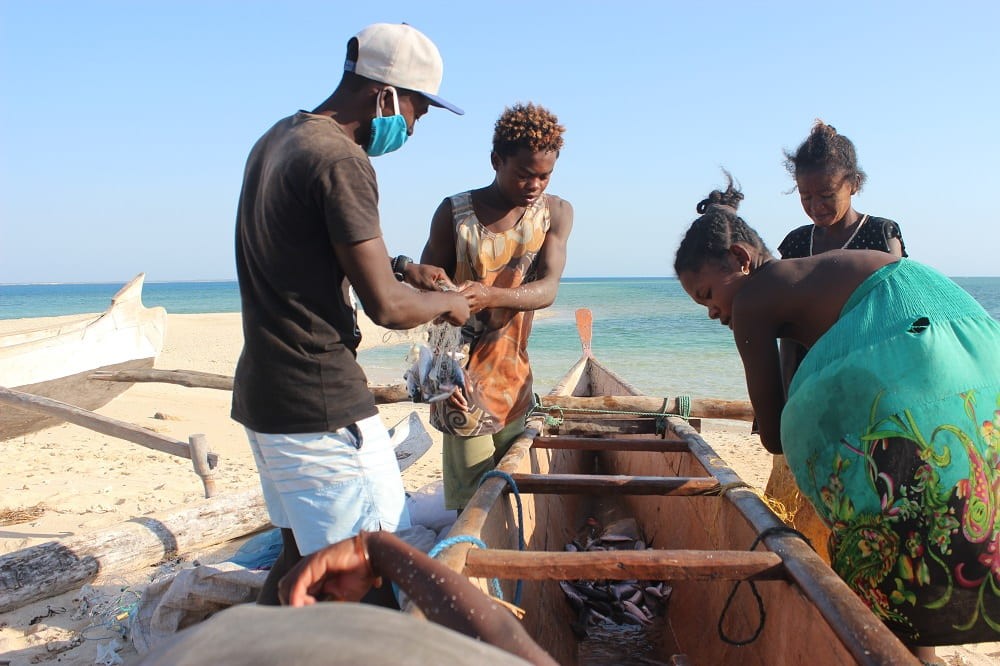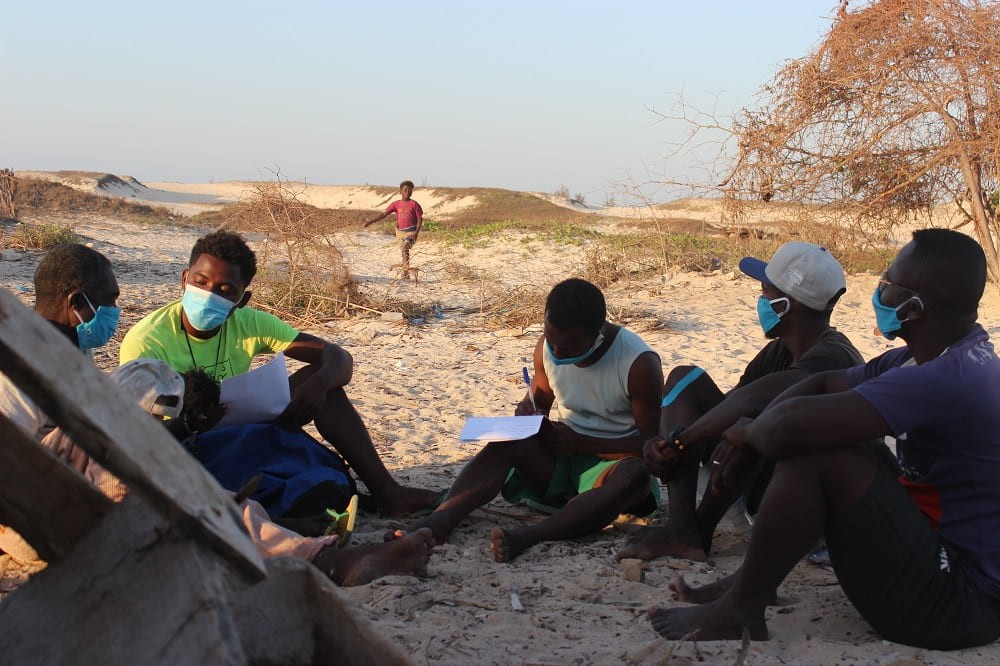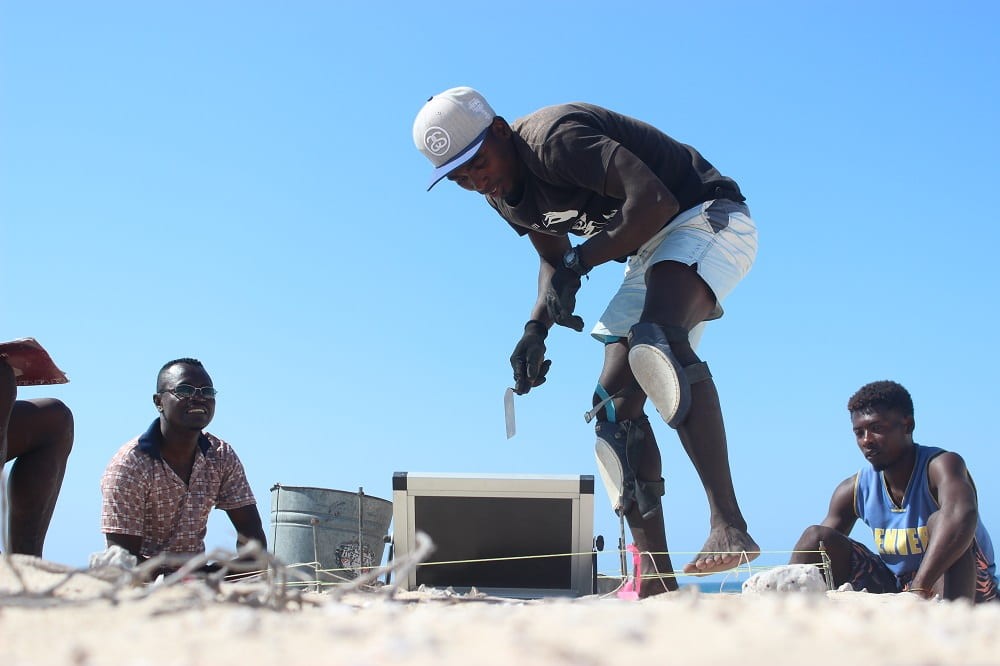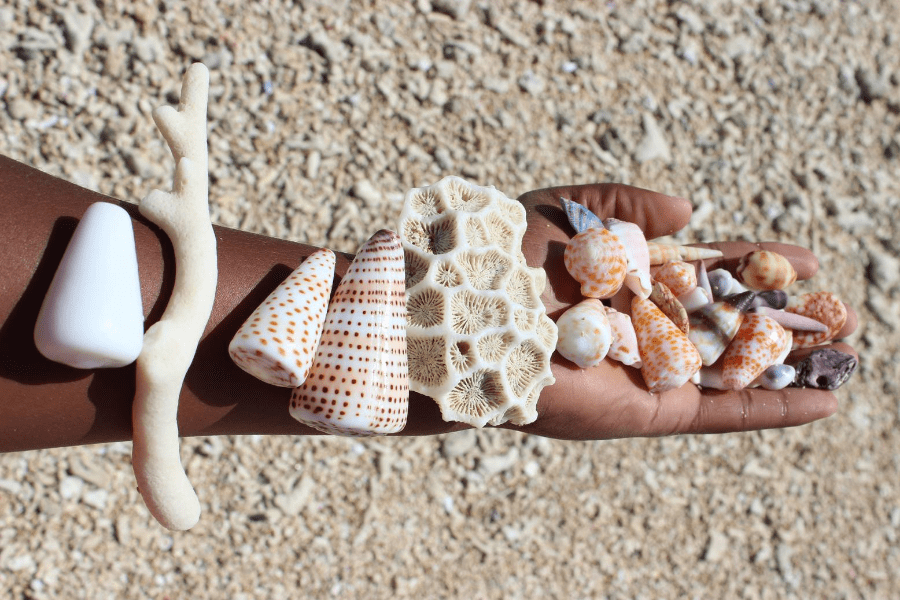Women and Shellfishing in Southwestern Madagascar
BOZIKE LAHINY/BOZIKE VAVY: WOMEN’S TRADITIONAL ECOLOGICAL KNOWLEDGE AND SHELLFISHING IN SOUTHWESTERN MADAGASCAR
The southwest coast of Madagascar is a dynamic socioecological system of integrated climatological, social, and ecological components. Using Fagnemotsy–a seasonal estuary in this region–and its mollusk fishery as a case study, I will investigate how feedbacks in coastal socio-ecological systems moderate or accelerate movement toward regime shifts using fishery productivity. A key feature of coastal ecosystem is its inter- and intra-annual variability. These abnormal events which occur on relatively short time scales and involve fundamental recharacterizations of the biophysical system are known as regime shifts. Social spheres of influence and control of resources are similarly constantly interacting and changing. We theorize that social networks enhanced by networks of traditional ecological knowledge (TEK) have adapted to be wide-reaching in response to continuous change. This allows people to rely on connections farther afield when conditions become difficult. However, if conditions become unpredictable, these networks may not confer additional resilience. Therefore, we must prioritize understanding how to assess regime shifts in the archaeological record and model how various forcing mechanisms mitigated or accelerated movement toward thresholds.
To address questions about the nature of Fagnemotsy’s socioecological rhythms, I will conduct ethnographic and ethnoarchaeological surveys with fishers in the Velondriake Marine Protected Area of SW Madagascar to understand the importance of the mollusk fishery to people’s livelihoods. I will then collect and assess sediment cores from mangroves and seagrass beds to understand how paleoecological conditions changed through different periods of habitation. The goal of this project is to build an agent-based model to study regime shifts in coupled human and natural systems through time by integrating paleoecology with the ethnoarchaeological record.
This project is supported by the Matson Museum’s Ceramic Studies Endowment in Anthropology, the Africana Feminist Initiative, and the African Research Center.





